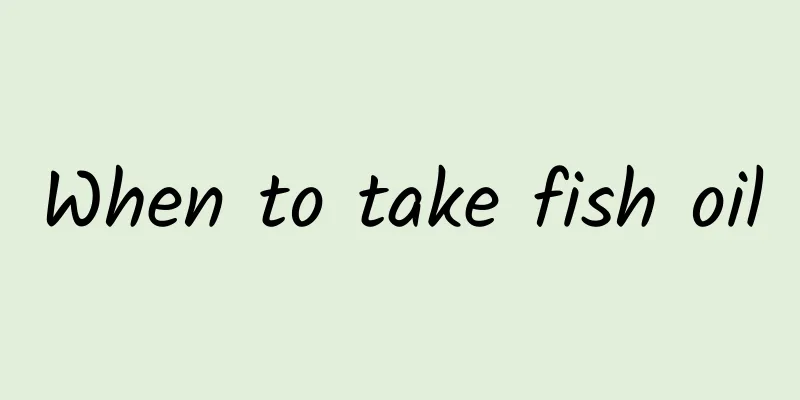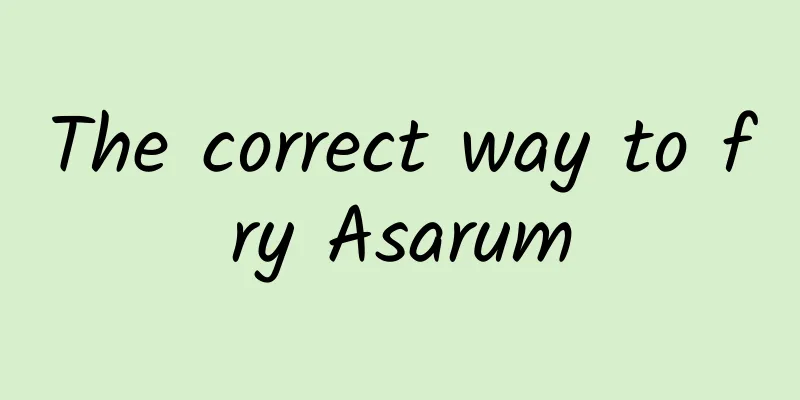The efficacy and function of variegated violet

|
Variegated violet is a medicinal material and is quite common in life. We can eat variegated violet appropriately. Since many people don’t know much about variegated violet, let’s take a look at it below. [Alias] Tianti. [Source] Medicinal material source: the whole herb of Viola variegateda, a plant of the Violaceae family. [Original form] Perennial herb, 3-12cm high. The rhizomes are usually short and thin. The leaves are all basal and rosette-shaped; the petioles vary in length, 1-7cm long; the stipules are light green or pale, nearly membranous, 2/3 fused with the petioles, and lanceolate; the leaf blades are round or ovate, 1.2-5cm long, 1-4.5cm wide, with rounded or obtuse tips, obviously cordate bases, and flat and rounded blunt teeth on the edges. They are green above with obvious white markings along the veins, usually slightly purple-red below, and usually densely covered with short, coarse hairs on both sides. The flowers are red-purple or dark purple, usually lighter below; sepals are usually purple, oblong-lanceolate or ovate-lanceolate, with 3 veins; petals are obovate, the base of the lower petals is white with violet stripes; spur is tubular, 3-8mm long; stamens are 5, and the spurs of the lower 2 stamens are thin and long; ovary is nearly spherical, and the style is club-shaped. Capsule ellipsoid, glabrous or sparsely hairy; young fruit spherical usually covered with short coarse hairs. Seeds light brown, with short appendages. The flowering period is from April to August, and the fruiting period is from June to September. [Habitat distribution] Ecological environment: grows on hillside grasslands, under forests, in bushes or in rock crevices in shady places. 【Properties】 Identification by properties: Most of them are wrinkled into a ball. When unfolded when wet, the leaves are basal, broadly ovate, with petioles extending downward from the base, serrated edges, green or withered green, white markings on the veins, and lanceolate stipules at the base. The flower stems are longer than the leaves and are light brown-purple. It has a faint smell and a slightly bitter taste. 【Nature and flavor】 Sweet, cool in nature. 【Functions and indications】 Clears away heat and detoxifies; cools blood and stops bleeding. Mainly used for carbuncle, swelling and infection; trauma and bleeding [Usage and Dosage] For oral use: decocted in water, 9-15g. For external use: take appropriate amount and mash it for application. 【Excerpt】 Chinese Materia Medica Nowadays, people's life pressure is constantly increasing, which makes our bodies often in a state of fatigue. As a traditional Chinese medicine, variegated violet has a certain regulating effect on the body. I hope it will be helpful to everyone. |
<<: The efficacy and function of clam orchid
>>: The efficacy and function of Duanheng
Recommend
Wild ginseng shelf life
It is best to store wild ginseng after drying it,...
After this year's Spring Festival, will we miss New Year's Eve for five consecutive years? It's all because of the "moon"
#There will be no New Year's Eve for 5 consec...
What is Cassia seed?
Cassia seed is a kind of plant Chinese medicine, ...
The efficacy and function of silkworm
There are so many medicinal herbs in the world, a...
The efficacy and function of Physalis macrophylla
The Chinese medicinal herb Physalis is a relative...
Please don't let love turn into harm! Why do we clearly oppose animal performances?
Animal shows are bad. There have been several new...
There are 5 super carcinogens hidden around us. Check if you eat them often!
Have you ever paid attention to the carcinogens a...
Momentum Works: The total merchandise transaction volume of e-commerce platforms in Southeast Asia will reach US$114.6 billion in 2023
Today, TikTok Shop is only one step away from top...
Can eating deer penis really improve sexual performance?
Deer penis is a very common Chinese medicinal mat...
Saudi Arabia: The title of "Oil Kingdom" is not my whole background
In the Middle East There is such a country In the...
CTEI: Analysis of the operation of textile and clothing e-commerce in 2016
According to the Ministry of Commerce, the scale ...
Guess whose baby this is?
Image source: Pinterest Dumb Guess the insects by...
The efficacy and function of the two-pointed
In fact, the occurrence of many human diseases is...
The efficacy and function of pig scutellaria
Many people don’t know much about Poria cocos, bu...









